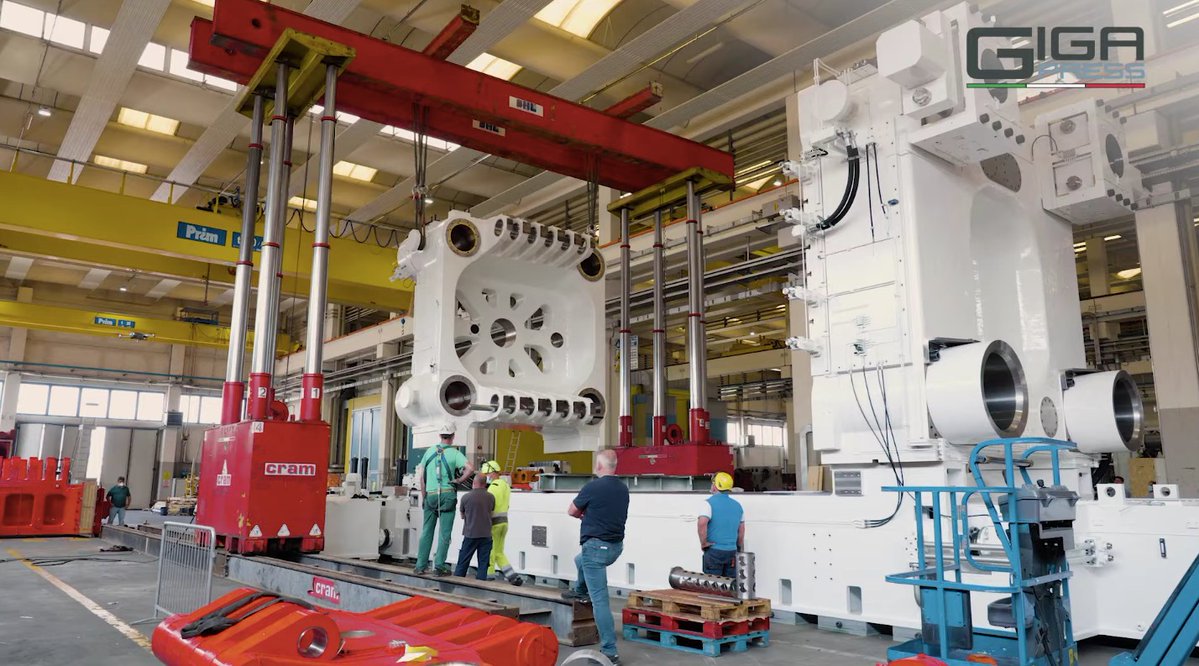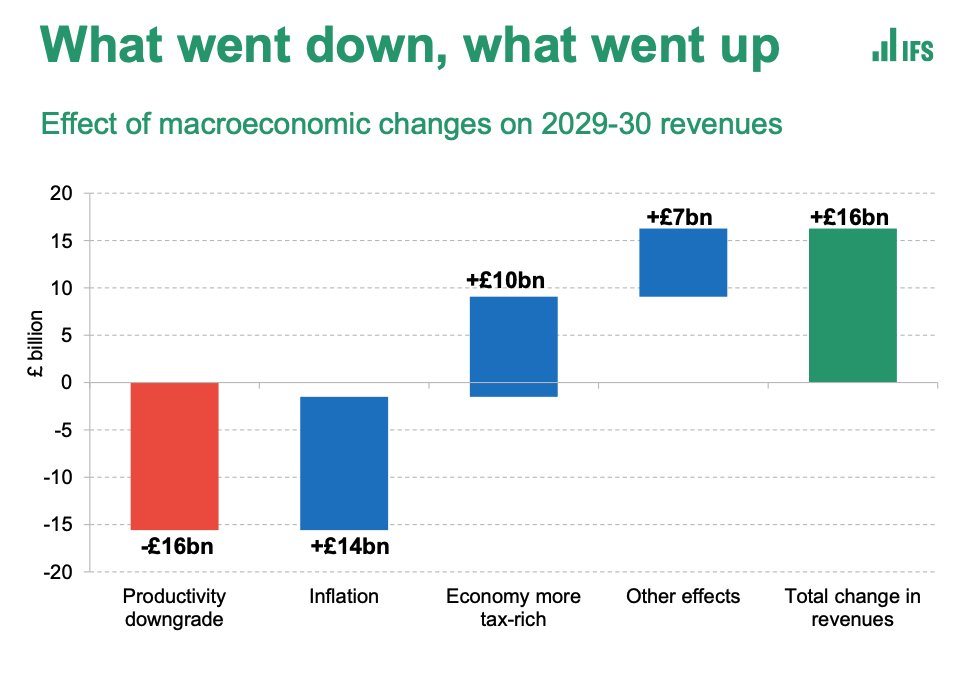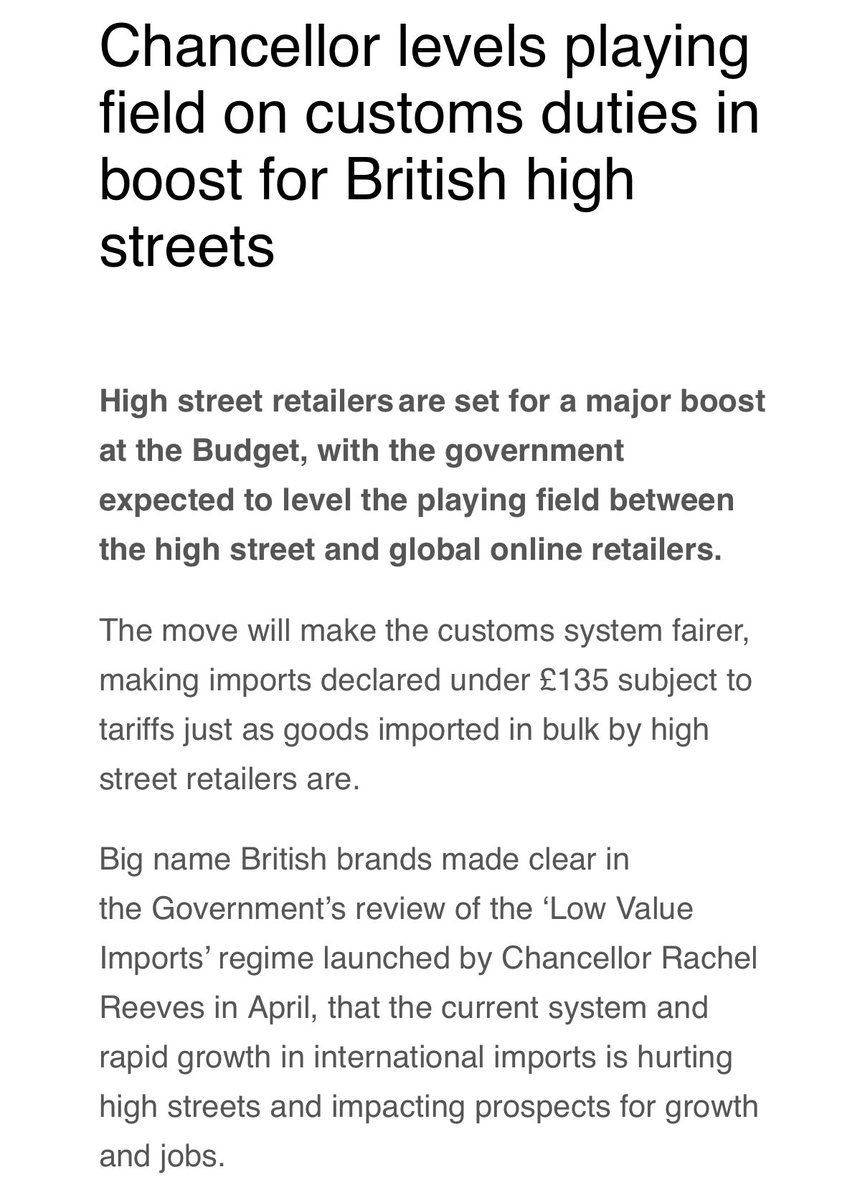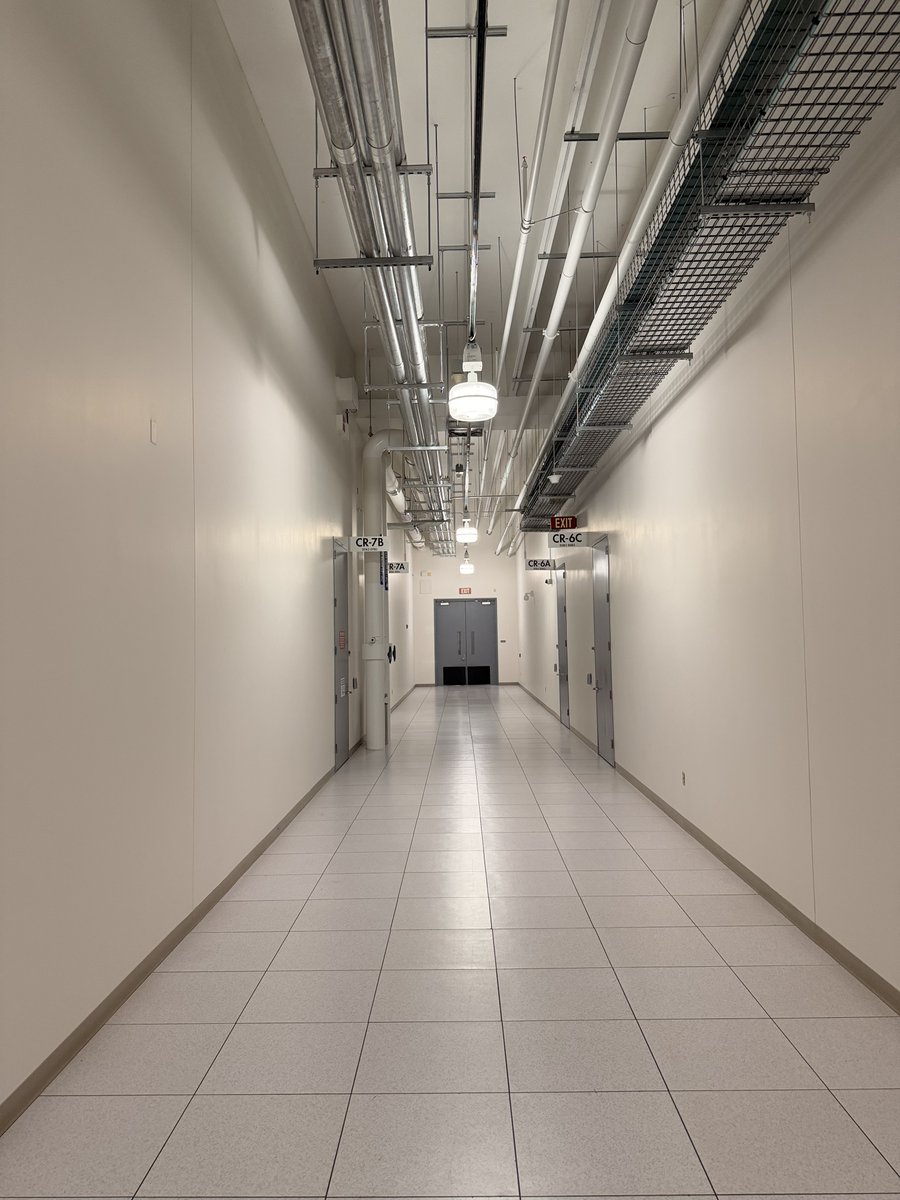"You can't change history - unless you're a historian." So said Mario Draghi yday in his final @ecb press conference. Except some (not him) have been attempting to re-write history recently, suggesting that the handling of the euro crisis was a triumph, not a disaster
For some, the fact that the eurozone made it through the crisis should be viewed as proof of the single currency's invincibility. It was tested and for all the scepticism, it survived. But this isn't right. The euro really did come dangerously close to collapse
I remember on the very day, at the very conference where Draghi pledged to do "whatever it takes" to save the €, being told by another v v senior European policymaker that some of the bigger € members were facing financial chaos that might force them out of the currency
The reality is the euro was saved through a combination of economic pain (Greece et al) and monetary anaesthetics, delivered by Draghi. Not fundamental reforms that addressed the deeper problems with the currency area. Those are still IN NO WAY resolved
The absence of a fiscal union, the lack of a properly funded banking union with joint deposit insurance, the inability to issue eurobonds. These were and still are the issues that mean in practice the euro is not irreversible
Why, you might ask, is even lifelong eurosceptic Matteo Salvini now saying the euro is irreversible? In large part because of charts like this. Since Brexit € popularity has soared to all time highs. One product of #EUref was to unite the rest of Europe as never before 

Political and popular support is important, but it won't prevent another crisis. And the evidence is far from narrowing the economic and cultural divergences within the EU and eurozone are widening rather than narrowing. Eg see brookings.edu/wp-content/upl…
None of this means euro will inevitably collapse in the next crisis. But unless it introduces some form of fiscal transfers to share the burden and redistribute from rich to poor areas, it won't be safe. One chink of light: German enthusiasm for tight fiscal policy is diminishing
Brexit may change things. Macron hopes once UK leaves balance of power shifts and door opens to deeper integration. But while Europeans love the euro it's not clear they love sharing national wealth with poorer members. More in today's @thetimes column thetimes.co.uk/article/the-eu…
• • •
Missing some Tweet in this thread? You can try to
force a refresh














